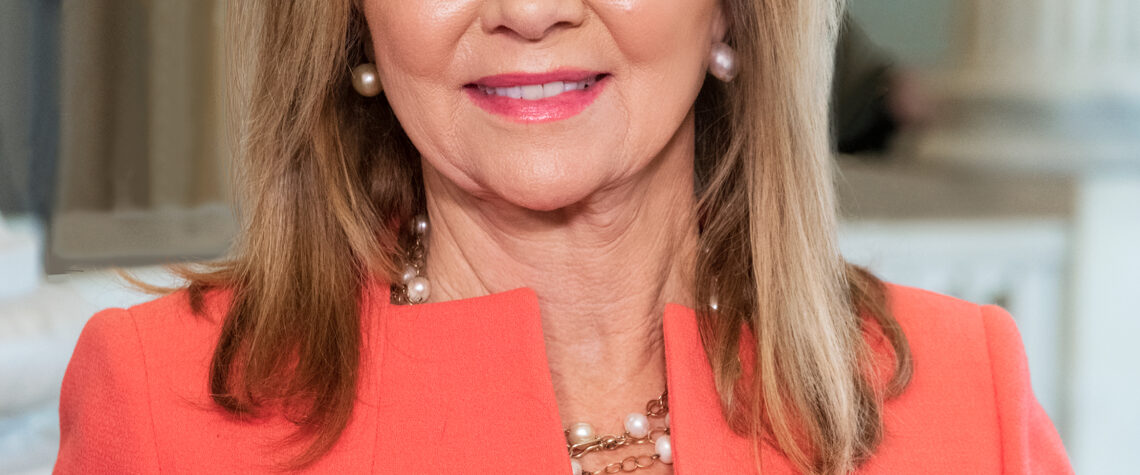| Ratification of the 19th Amendment: America at Its Best |
The diverse group of suffragists fighting for passage remained incredibly brave and determined, even when the chances of ratification in Tennessee were slim. In fact, in July 1920, the National American Woman Suffrage Association president Carrie Chapman Catt said, “At this time, I do not believe there is a ghost of a chance of ratification in Tennessee.” Who could blame her? Women had been fighting for the right to vote for more than 100 years, even before the 1848 Seneca Falls Convention officially launched the suffrage movement. Thankfully, Tennessee women showed the country that it was time for change.
That August, suffragists and their opponents converged on Nashville and gathered at the Hermitage Hotel to strategize and lobby Tennessee representatives. In what became known as the War of the Roses, suffragists wore yellow roses on their lapels while those against female suffrage wore red roses. The opposition did everything they could to stop the ratification of the 19th Amendment. Anti-suffrage lawmakers even fled the state in order to deny a quorum.
The vote in the House of Representatives was tight. It came down to the youngest member of the Tennessee legislature, 24-year-old Harry T. Burn from Niota, Tennessee. When Burn arrived at the state Capitol wearing a red rose on his lapel, it appeared the pro-suffrage cause was doomed. But little did anyone know that Harry’s mother, “Miss Febb” Burn, had one last card to play. Just before Harry cast the decisive vote on August 18, 1920, he found a note from his mother in his suit pocket that read, “Hurrah and vote for suffrage and don’t keep them in doubt.” His mother’s words were enough to convince Burn to vote for ratification. A victory seven decades in the making had been won thanks to heroic suffragists and one very determined Tennessee momma.
On the 103rd anniversary of the 19th Amendment’s ratification, we must recognize the importance of that moment, and the incredible progress women have made over the last century. We must remember and honor the Tennessee women who fought valiantly for suffrage, including Anne Dallas Dudley from Nashville, Ida B. Wells from Memphis, and Abby Crawford Milton from Chattanooga. As the first woman to represent Tennessee in the United States Senate, I have a special appreciation for the women who fought this fight, and I’ve worked to honor their legacy and advance their cause.
In 2019, I spearheaded the bipartisan Women’s Suffrage Centennial Commemorative Coin Act, which created a coin honoring the 100th anniversary of women’s suffrage. And this year, I introduced the bipartisan Women’s Suffrage National Monument Location Act that would dedicate a monument on the National Mall to commemorate the women’s suffrage movement and the ratification of the 19th Amendment.
But as we remember the suffragists, it’s important to recognize that women are still fighting for a seat at the table. However, we have made great progress, and I am confident women will continue to excel as we strive for an even more perfect Union. The future for women will be bright, especially if we work together the way the suffragists did. Women are leaders, changemakers, and pioneers, and we must continue to champion them so that future generations of girls will believe that they can achieve anything they put their minds to.
Tennessee United States Senator Marsha Blackburn and her husband Chuck live in Williamson County, Tennessee. They have two children, Mary Morgan (Paul) Ketchel and Chad (Hillary) Blackburn, two grandsons, and a granddaughter.













